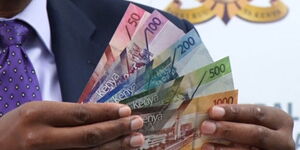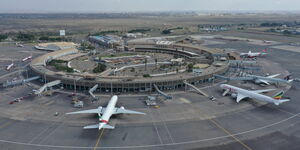Foreign investors have taken flight after dumping Ksh37 billion worth of stock they owned in five big companies in Kenya over the last year.
A report by the Capital Market Authority (CMA) indicated that the investors sold off their stake between November 2019 and December 2020 citing tough times presented by Covid-19 pandemic.
The capital flight has affected companies in the financial, communication and consumer industries. In one of the leading banks, the investors sold shares worth Ksh9 billion in that period.
One shareholder pulled out Ksh10 billion worth of shares in the same period reducing their shareholding from 28 per cent to 19 per cent in one of the listed companies.
Nairobi Stock Exchange announced that it had shed off as much as Ksh200 billion in market capitalisation in a period of one year.
“The NSE-20 index closed the year at 1,868.39 points, a 29.6 per cent drop from the 2,654.39 points recorded at the beginning of the year, as local and foreign investors shifted their investments away from listed equity to other investments, seeking to mitigate against the declining value of their portfolios.
“During the year, net foreign outflow in the bourse was Sh28.63 billion compared to a net foreign inflow of Sh1.38 billion in 2019, as foreign investors exited,” read a statement from CMA.
A report by World Bank dated January 5, 2021, however, indicated that Kenya's economy will rebound strongly following the global economic recession in 2020.
The report forecasts Kenya's economy to rebound by 6.9 percent in 2021 and 5.7 percent in 2022.
World Bank indicated that Kenya will experience the fastest economic rebound in East Africa with Rwanda's expected to come second at 5.7 percent in 2021.
Tanzania is expected to rebound by 5.5 percent, Uganda by 2.8 percent, and Burundi by 2 percent. The report, however, projected South Sudan's economy to contract 3.4 percent.












